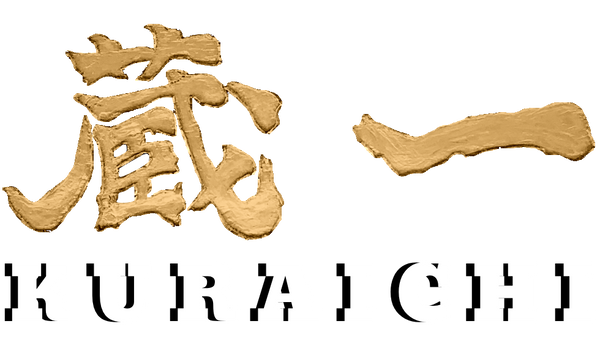Red Sake, Rose Sake...

Message from Beverage Director, Sam Miyazawa:
It is said that rice cultivation began in Japan in the late Jomon period (from about 2000 B.C. to about 1000 B.C.), and large-scale rice cultivation was popularized from the late Jomon period (from about 1600 B.C. to about 1800 B.C.) to the early Yayoi period (from the late 10th century B.C. to about the 5th century B.C.).
Rice from that time still exists in various places as "ancient rice" (some are called "wild rice"), and unlike modern rice, it contains red, black, and green pigments.
Red rice in particular has a vivid color when brewed into sake, and has a color similar to that of rose wine. It is used for medicinal purposes in some countries, and is highly nutritious rice containing a lot of polyphenols, vitamins, minerals and has a rich flavor. It also turns a vivid pink color when cooked, and has a color
similar to that of rose wine.

Ine Mankai, an example of sake brewed with red rice. Note the deep color of the sake, very unlike any other color usually observed, even in aged sake!
However, red rice (and other ancient rice) also has astringency and bitterness. To mitigate these issues, sake breweries make adjustments in the manufacturing process, such as mixing in regular sake rice.
The red sake or rosé sake we are introducing this time are items that Kuraichi highly recommends.
Heiwa Shuzo's Aka KID uses unpolished red rice, and instead blends Gohyakumangoku rice polished to 50-55%, creating a refreshing aftertaste while taking advantage of the aroma, sweetness, and umami of the red rice.
It is not just beautiful in color, but is one of the smooth and elegant sakes unique to Heiwa Shuzo, which pursues ease of drinking.
The other is Ichido's rosé sparkling sake. The red rice is polished to 50% daiginjo level, and the alcohol content is low at 7%, making the red rice's unique flavor lighter, resulting in a sparkling sake that is very refreshing to drink.
Both sakes are great for enjoying at home or at parties and other gatherings from spring to summer!
Read some of our past Newsletters!

Kuraichi X SSAW Brooklyn Exclusive Event
November 28, 2025

Headbanging Sake!
October 5, 2025
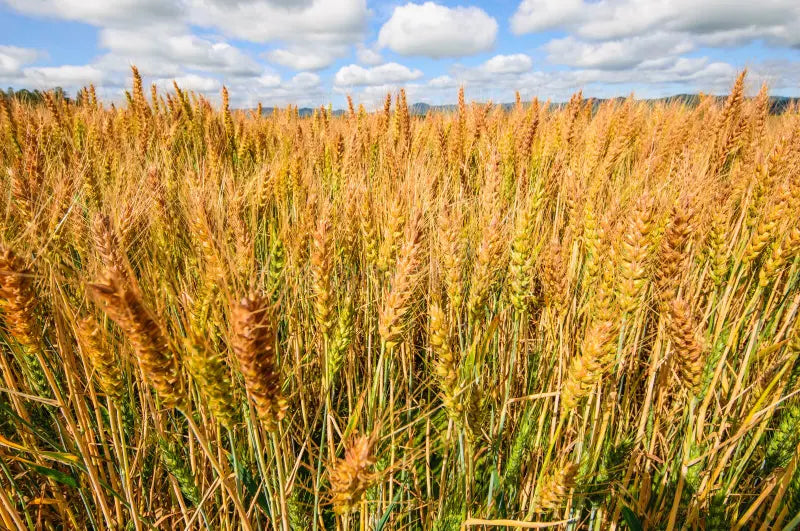
Mugi, mugi, mugi!
September 12, 2025
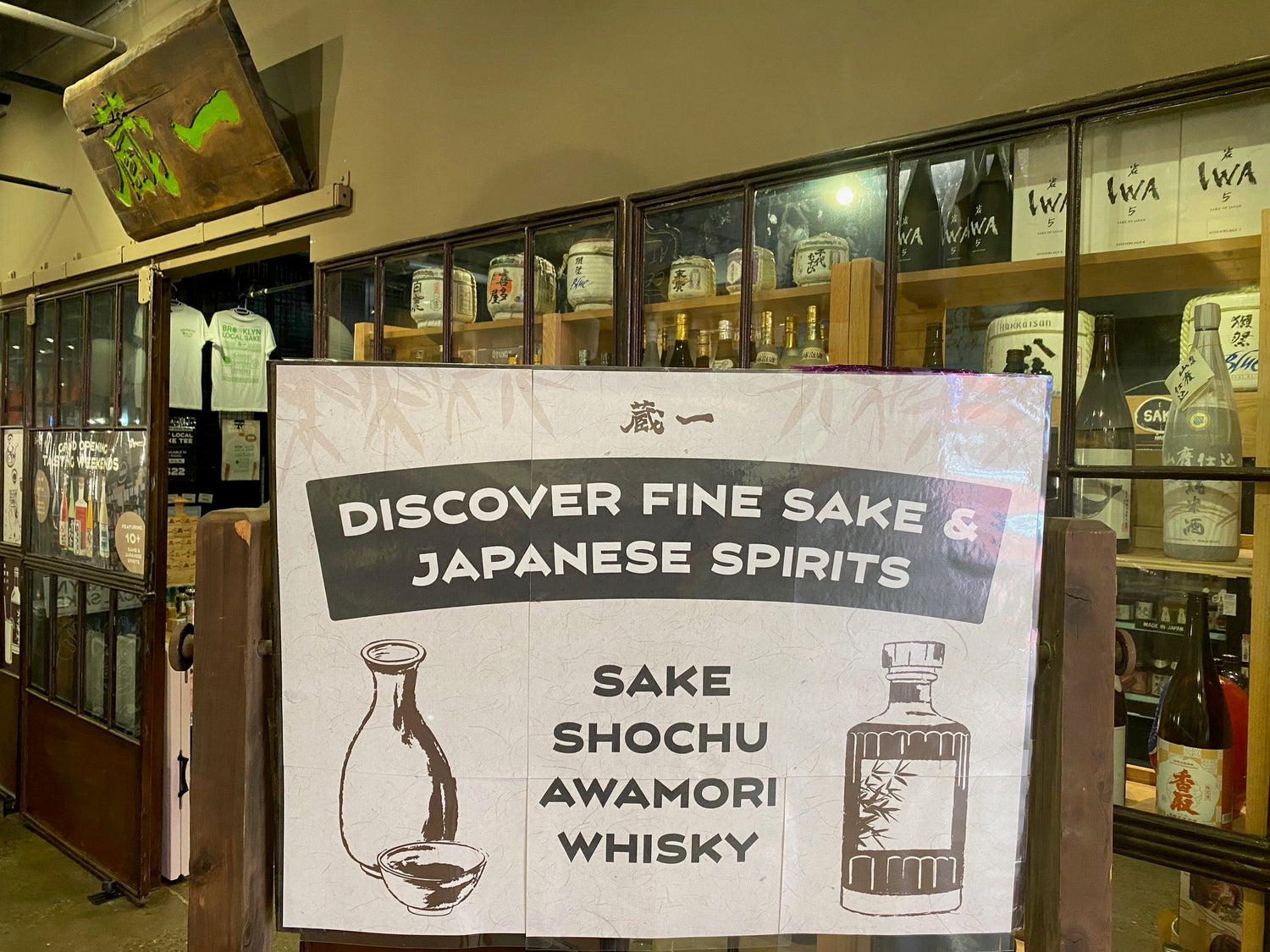
We're east bound and down, loaded up with SAKE and truckin'!
August 1, 2025
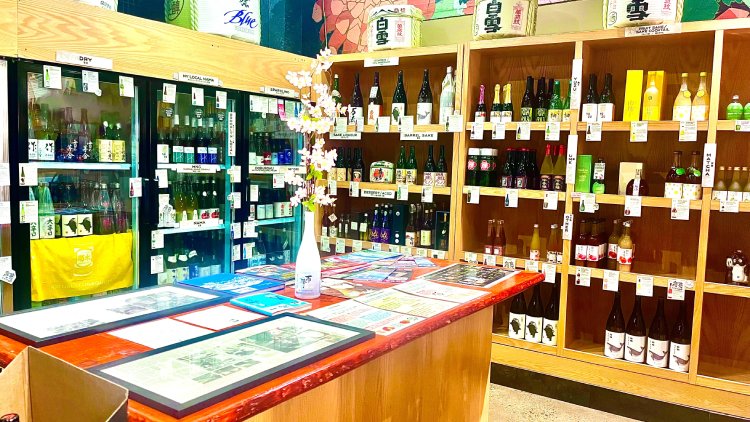
I Can't Get Enough of the Funky Stuff!
July 21, 2025
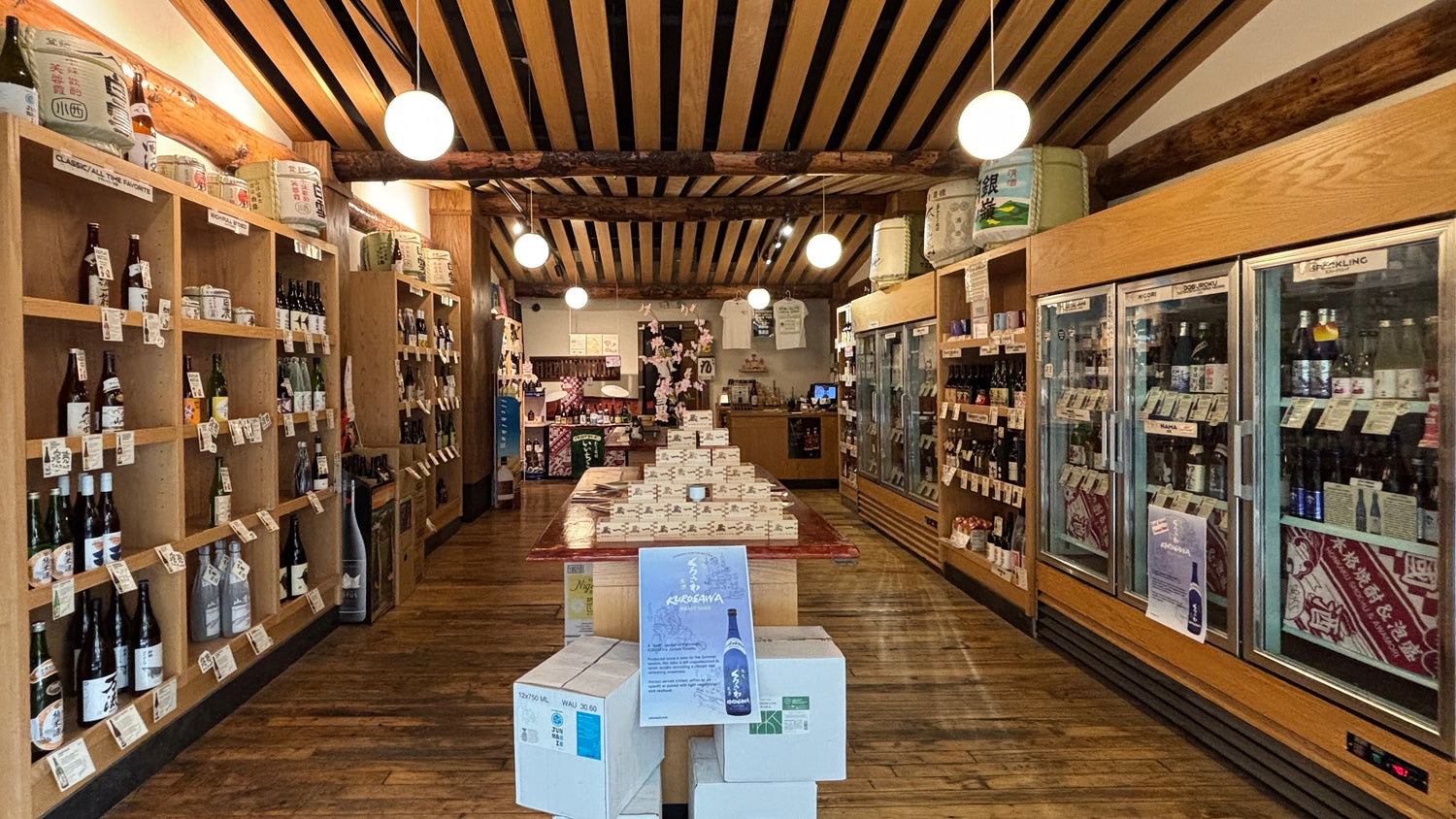
"Season 2" of Kuraichi is finally about to begin!
June 12, 2025
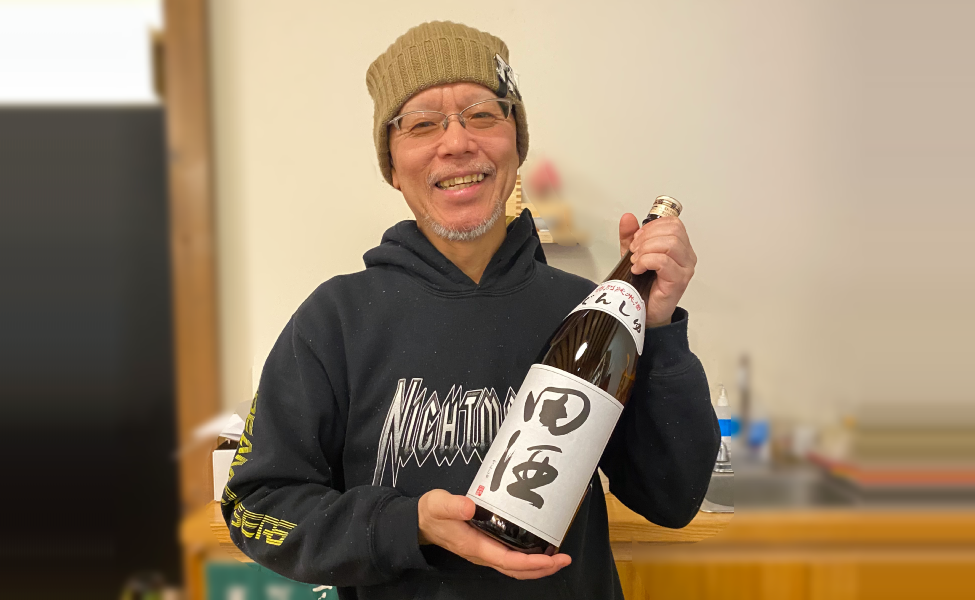
My Favorite Sake
May 25, 2025
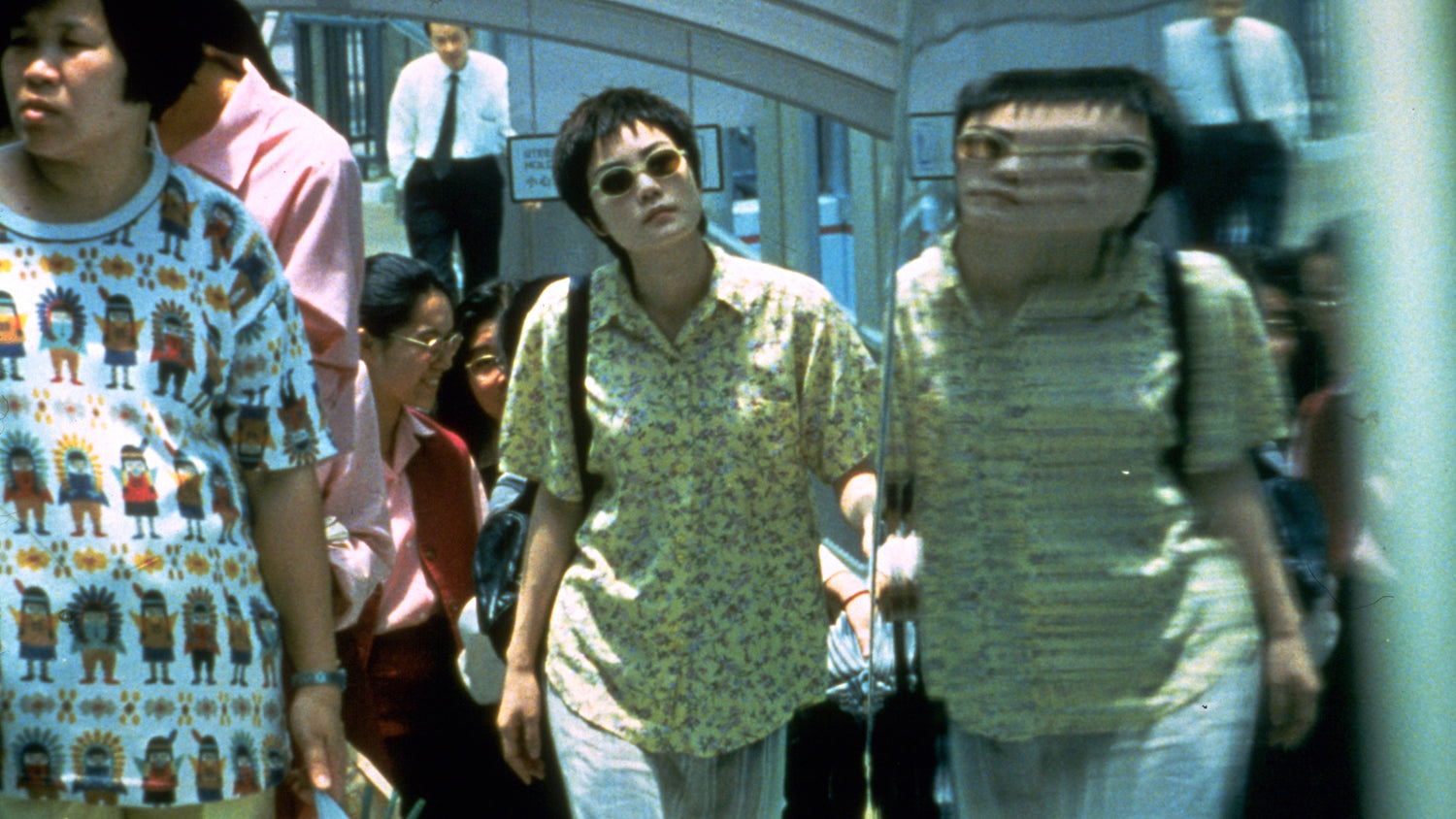
Every Sake a Painting
May 22, 2025
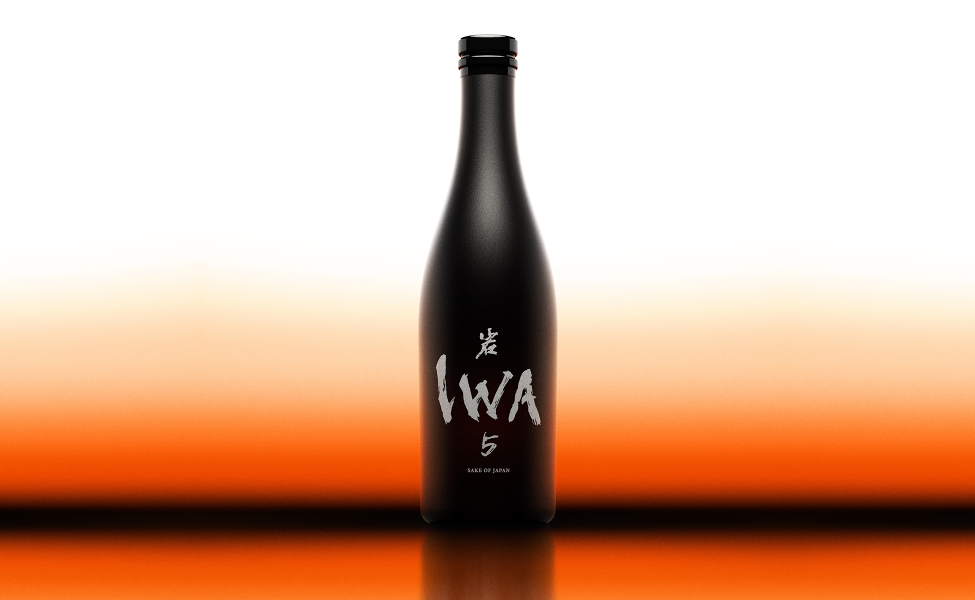
Iwa 5
May 18, 2025
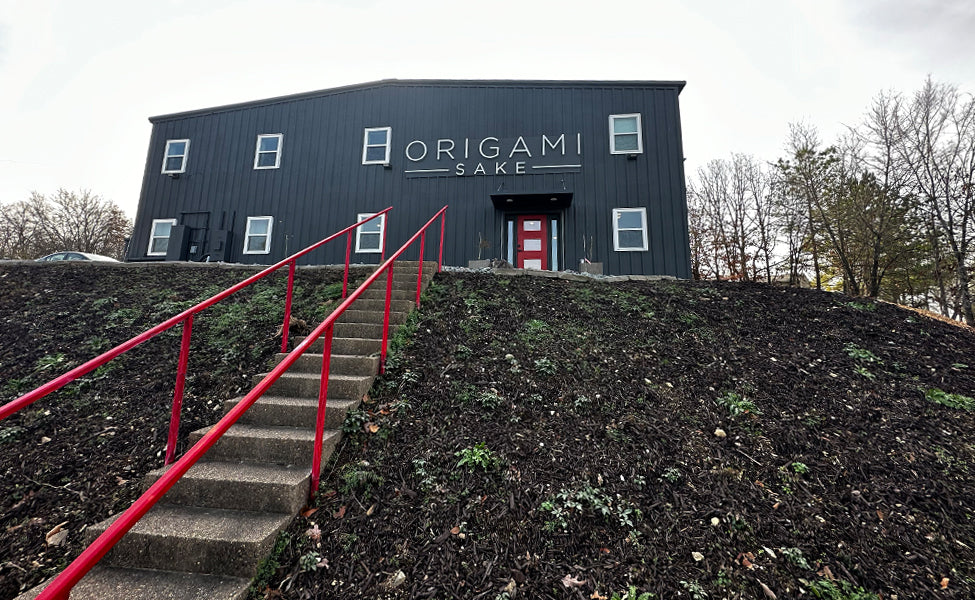
Rice, Arkansas and Origami!
May 11, 2025

Enjoy Shochu & Awamori for Under $20!
May 4, 2025
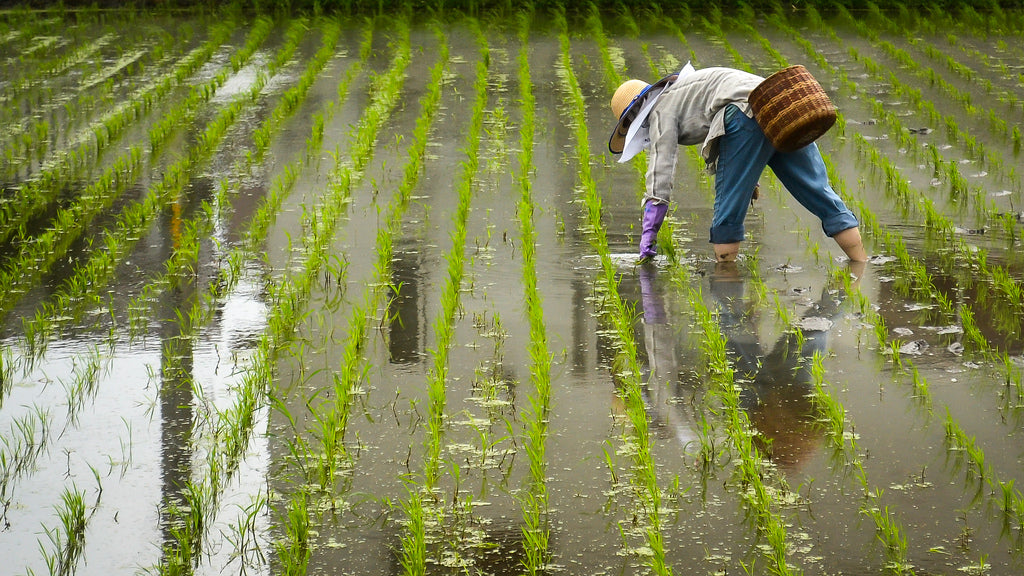
Red Sake, Rose Sake...
April 28, 2025
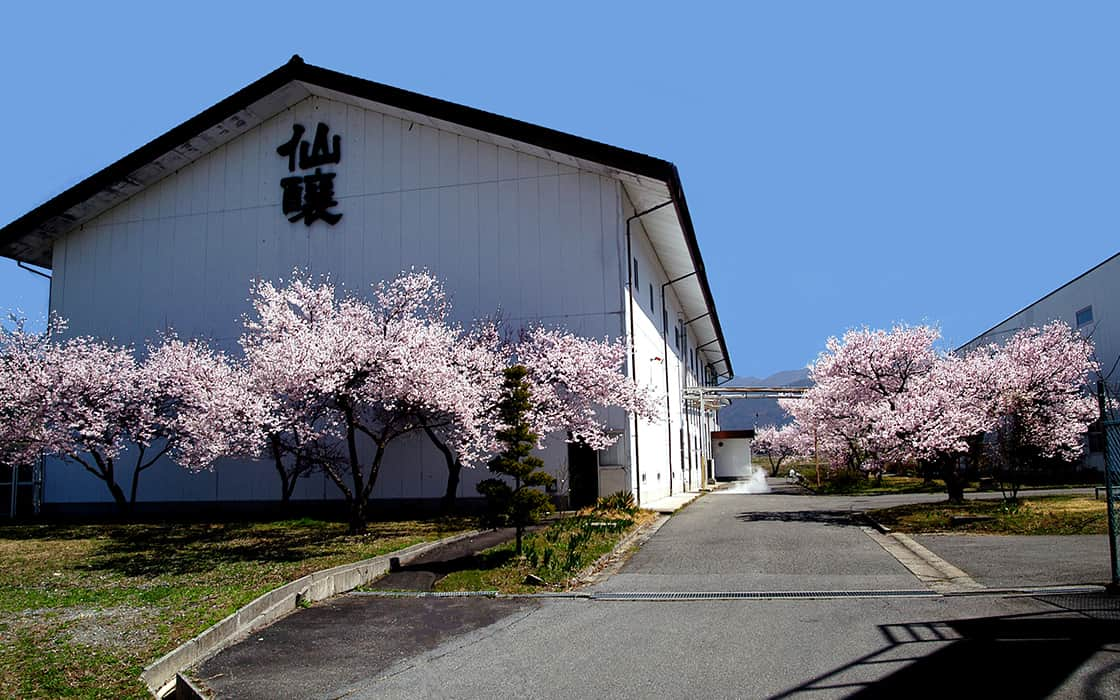
Sakura, Sakura, try Senjo Sakura Gin!
April 23, 2025

